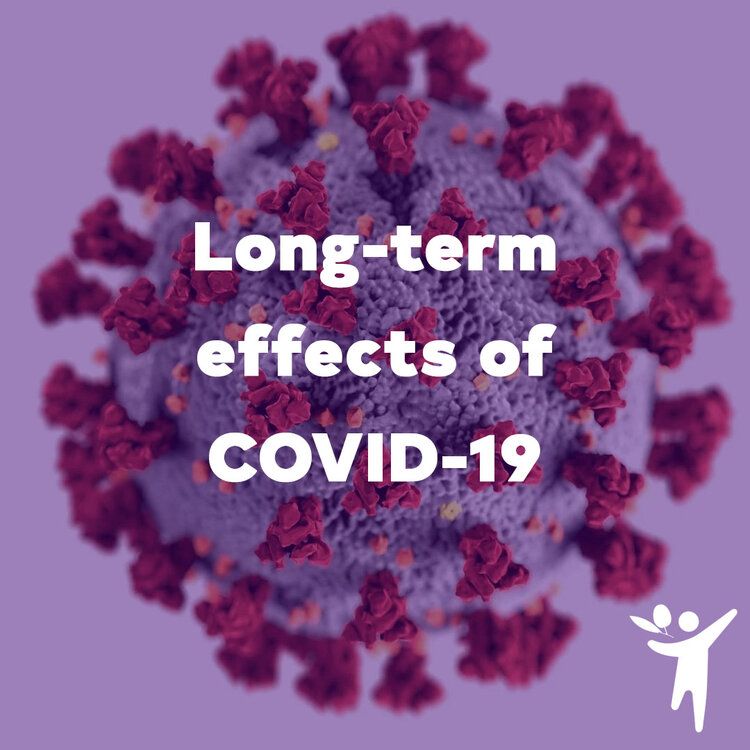Matt Hancock, The Health and Social Care Secretary, has announced the launch of a major £8.4 million research study into the long-term health effects of COVID-19 on hospitalised patients, which has been funded by the NIHR and UK Research and Innovation.
The researchers hope their findings will support the search for treatments for COVID-19 and the development of care pathways that will help patients recover as fully as possible after having experienced the disease.
Hancock said: “As we continue our fight against this global pandemic, we are learning more and more about the impact the disease can have not only on immediate health, but longer term physical and mental health too.”
But as researchers continue to uncover the long list of Covid-19 symptoms, some specialists are beginning to explore the disease’s possible long-term effects on patients with more severe symptoms.

Physicians report that some patients hospitalized for Covid-19 are experiencing high rates of blood clots that can cause strokes, heart attacks, lung blockages, and other complications. This can also result in inflammation and damage to the heart muscle in Covid-19 patients. One study published in March found that out of 416 hospitalized Covid-19 patients, 19% showed signs of heart damage.
Overall, public health experts say more research—and time—is needed to understand the long-term effects of Covid-19 and the complications patients might encounter down the line and whether they have a chance of recovery, but the UK is taking the right steps.
None of this is inevitable. If you have a healthy immune system Coronavirus isn’t too much of a threat. So for more information and COVID-19 updates, join our Wellness with ProLongevity group where you can hear first hand from an NHS professional about what we can expect in the future and how to reduce your covid risks https://www.facebook.com/groups/278916313071738/





